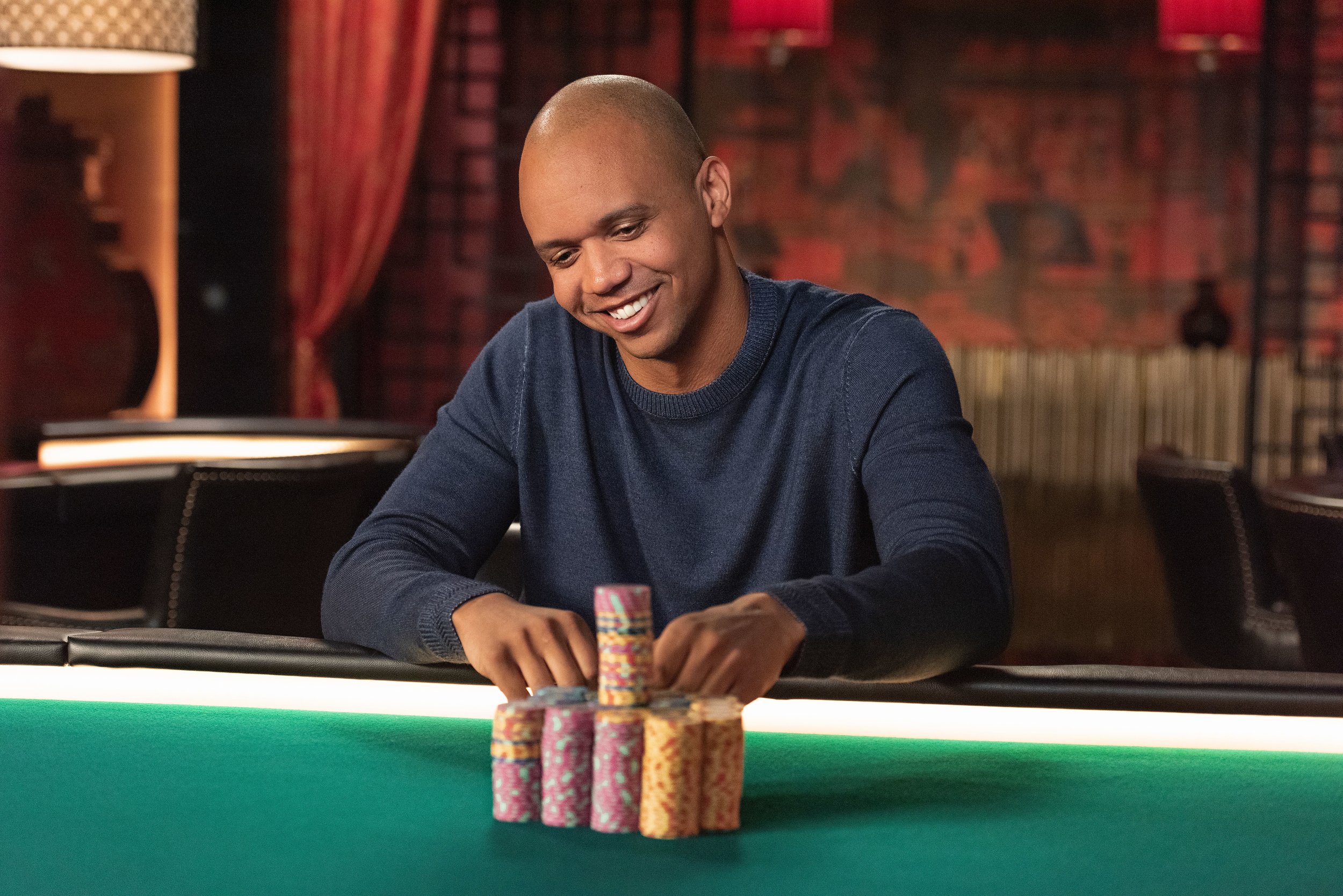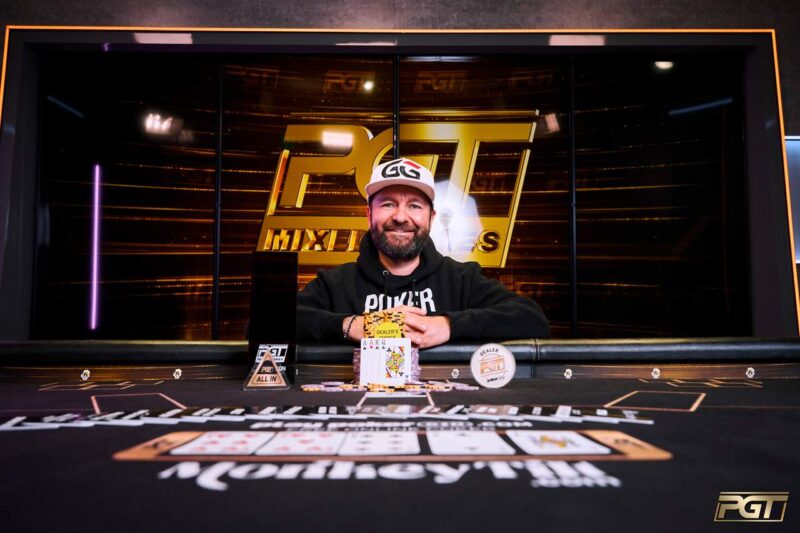Phil Ivey didn’t have a banner 2019 WSOP, at least not by his standards. And it may have just gotten even worse. Atlantic City’s Borgata Casino, the property he owes $10 million to from a Baccarat edge-sorting lawsuit, wants the money he won in Las Vegas this summer.

The 10-time bracelet winner has fought the MGM-owned casino since 2016 over a what the casino claims, and the courts agree, Ivey cheated the house during a series of Baccarat sessions. But the poker pro argues he was only playing by the agreed upon rules of the game.
Borgata Wants Money
Ivey’s appeal was denied and a District Court judge ruled earlier this year that the former Full Tilt Poker pro must pay back the $10 million he won plus interest. And the Atlantic City casino hotel hopes to get its hands on his 2019 WSOP winnings.
During the recently completed World Series of Poker, Ivey failed to win a bracelet and only cashed in four events. His biggest score was for $124,410, an eighth place finish in the $50,000 Poker Players Championship. His other three cashes were each for under $4,000 in low buy-in events.
But the Borgata wants to retrieve those earnings along with $214,000 in interest. The casino’s lawyer, Jeremy Klausner, advised the WSOP on June 27, the date Ivey busted from the PPC, they received a writ of execution for the $10 million he owes.
Neither Ivey nor the casino has stated if the poker player’s WSOP winnings were retrieved. So, it’s unclear at this point if Ivey was able to cash out following the PPC.
Earlier this year, a District Court judge ruled Borgata could retrieve Ivey’s assets in the state of Nevada. Ivey owns properties in Las Vegas and, presumably, has many valuable assets in the state.
You Be the Judge
Ivey won approximately $10 million at Borgata in Baccarat by using an edge-sorting technique that gave him an advantage over the house. The casino claims this practice is unfair, and thus, he cheated to win.
But the poker pro argues he was simply playing by rules agreed to by the house. Prior to the Baccarat sessions, Ivey asked for and was granted permission to use a specific deck of cards that allowed him to know which card was coming out of the deck next.
Some argue he doesn’t owe the casino a penny because they agreed to his requests before spreading the game. But the civil courts view things differently. And their opinion is, technically, the only one that matters.


